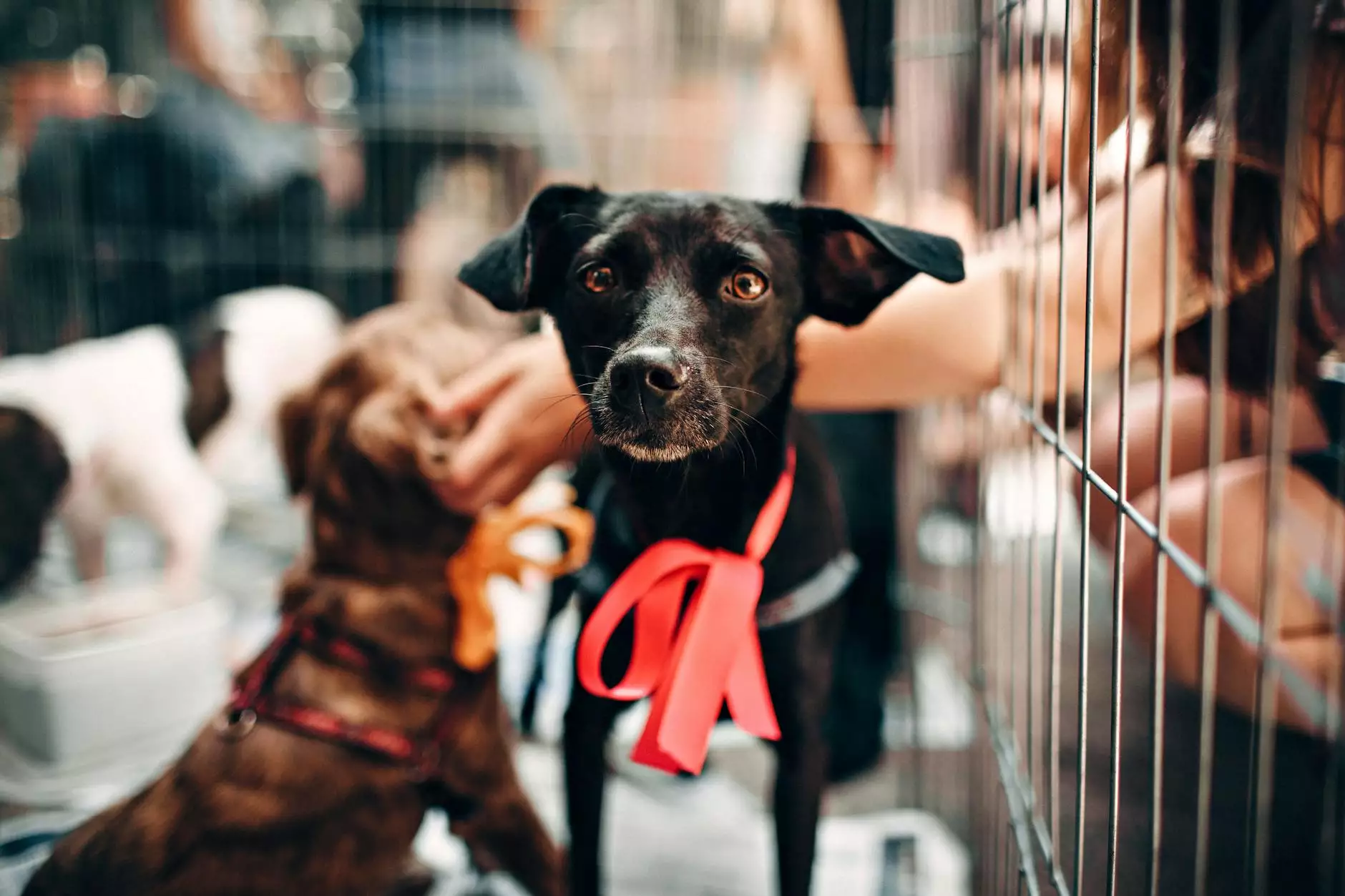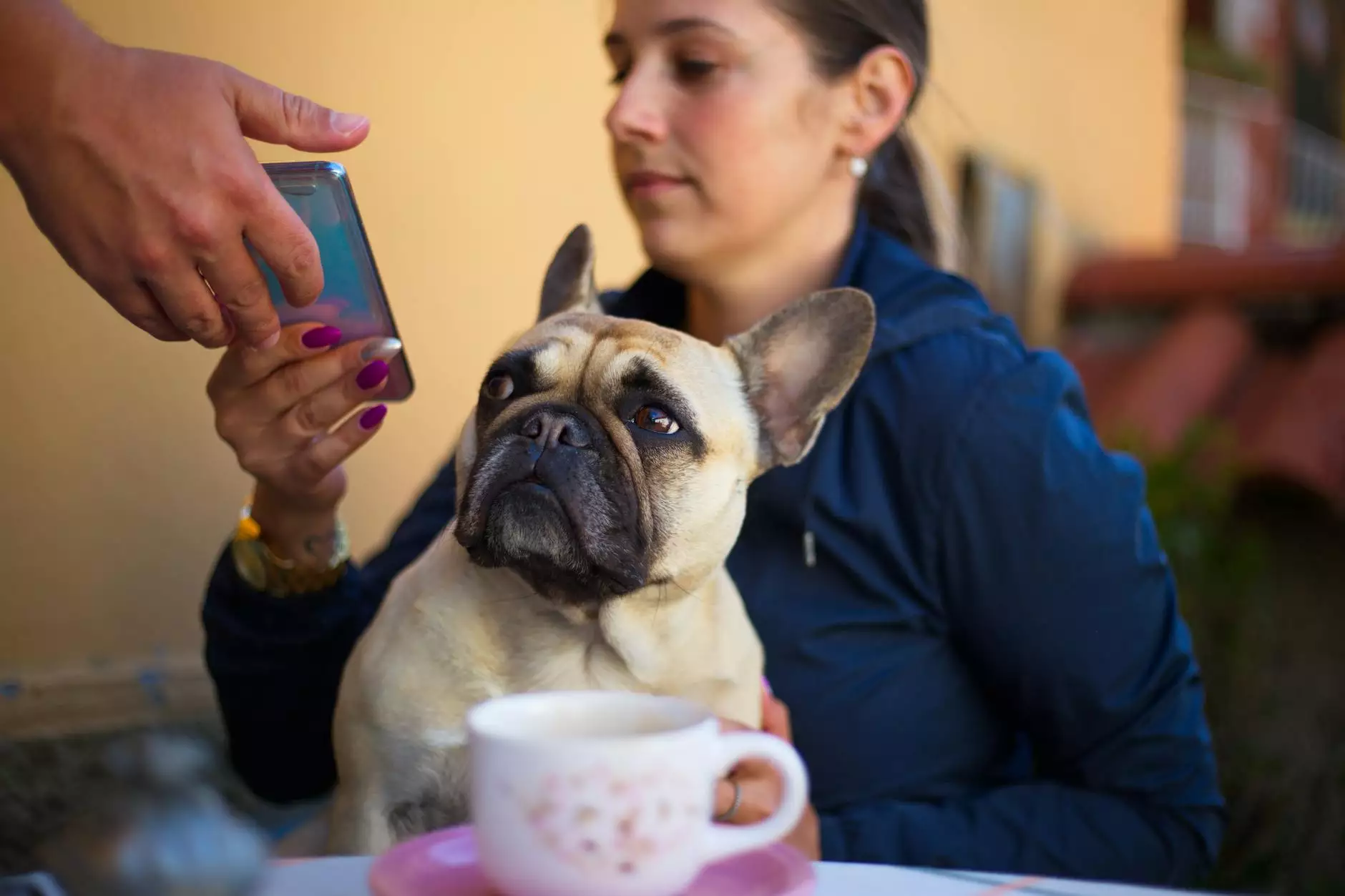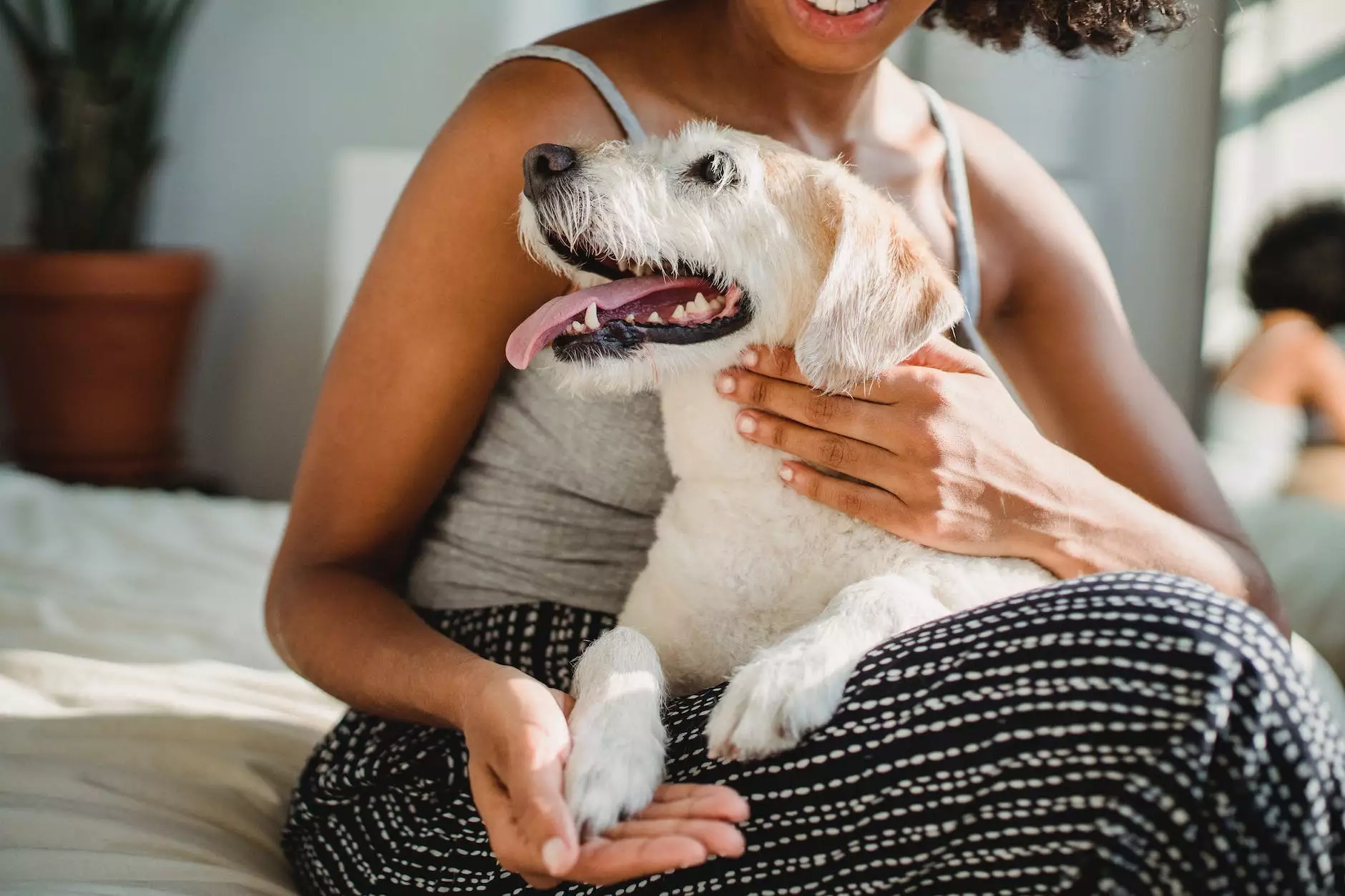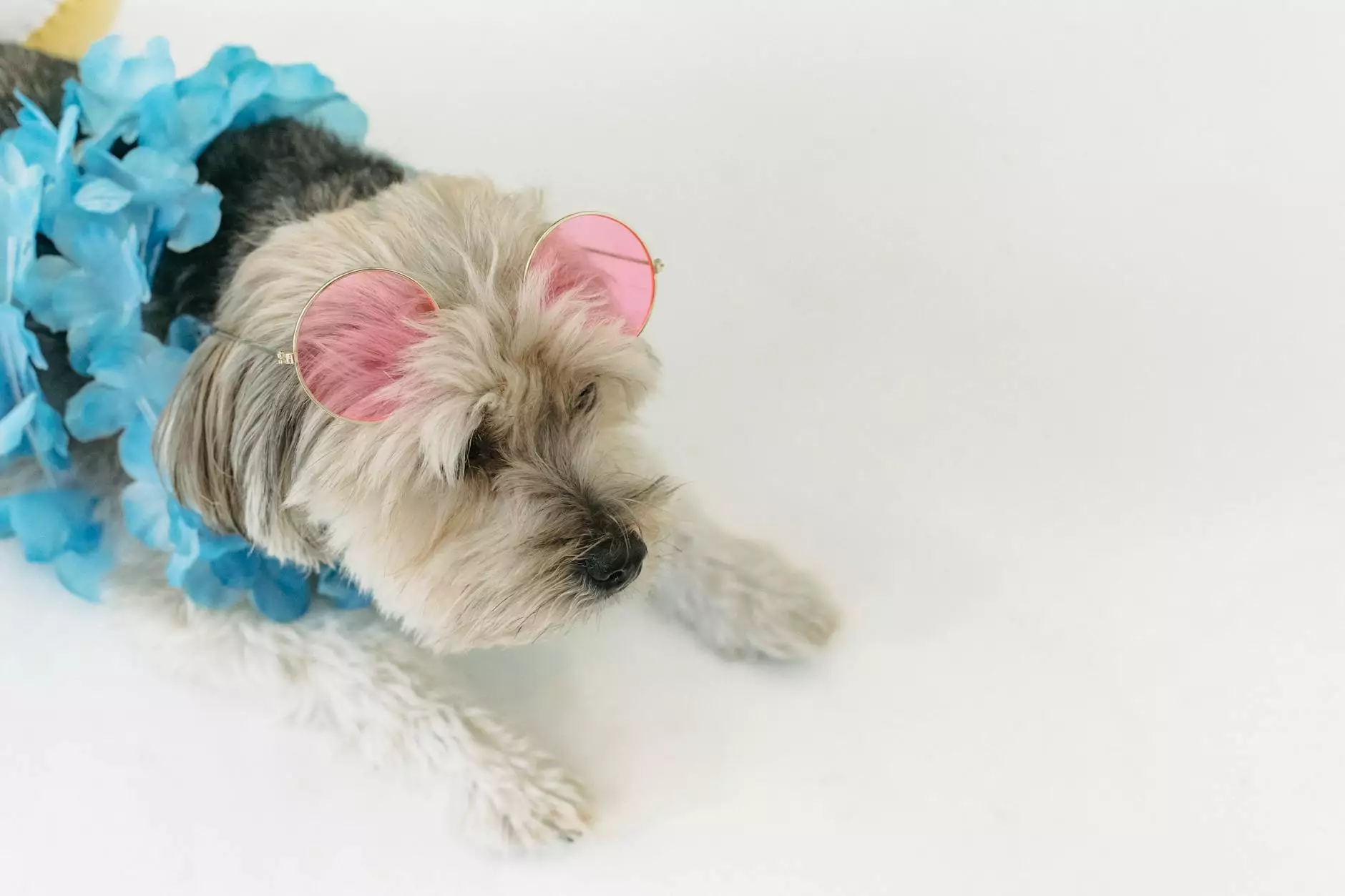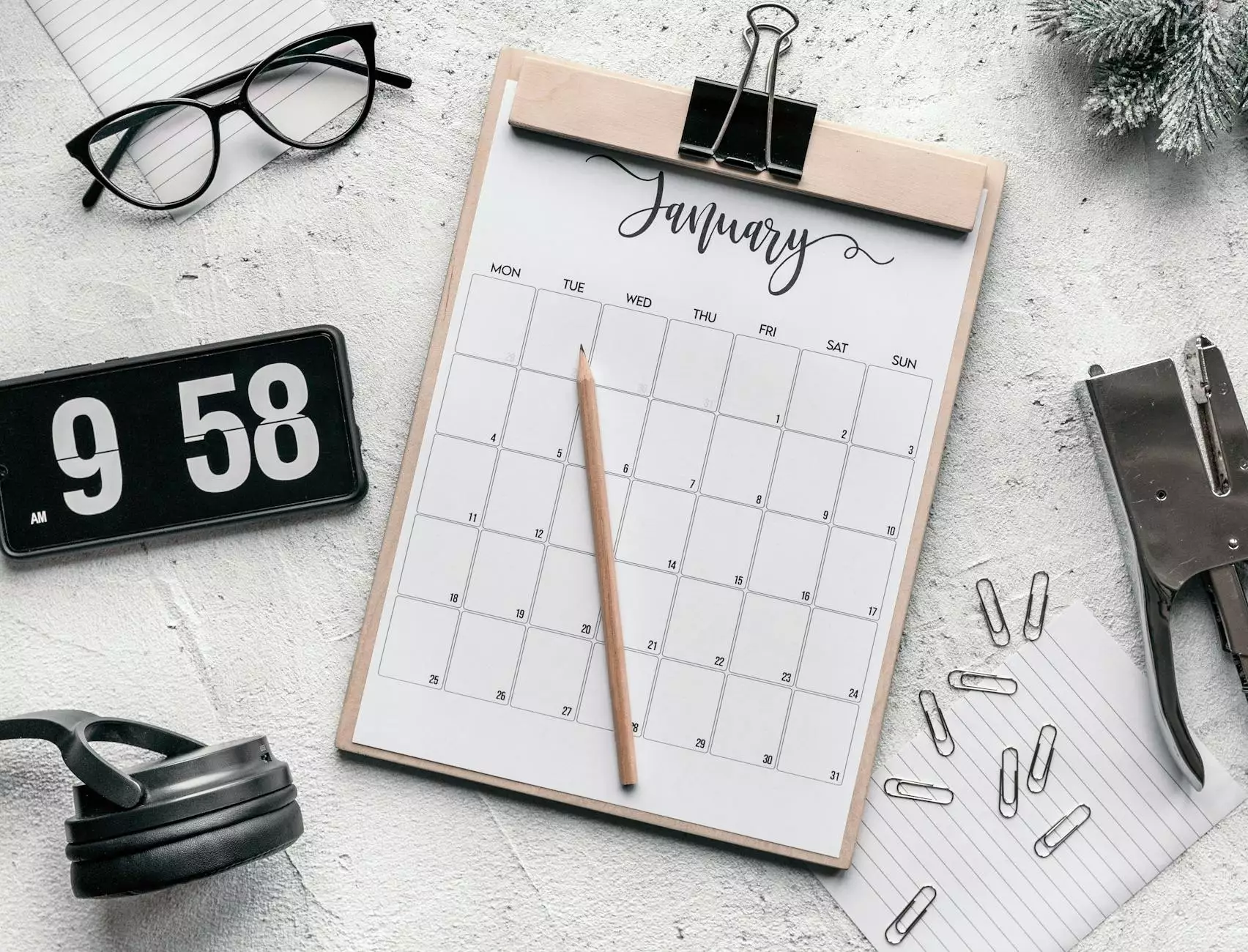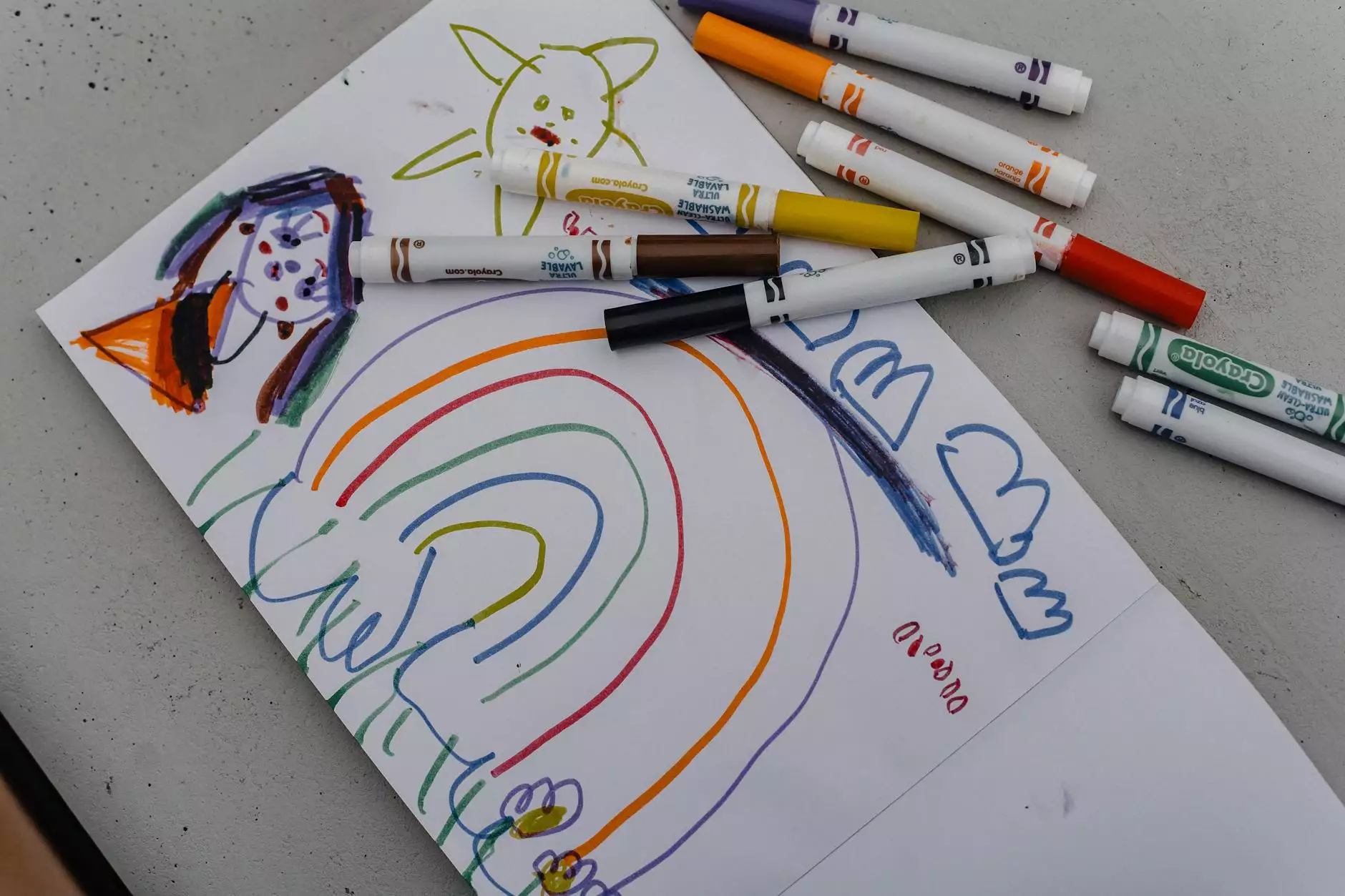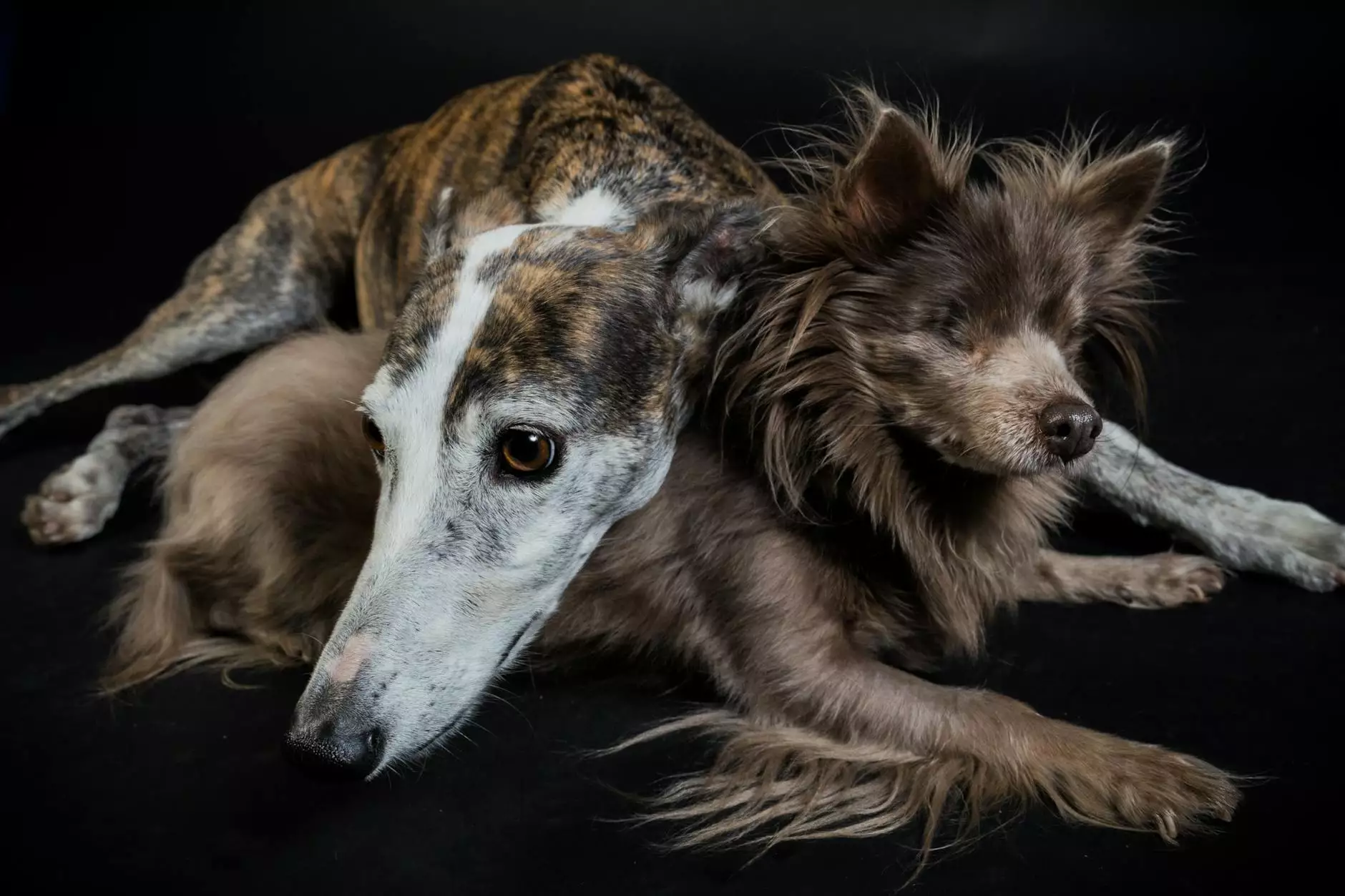Avoid these Toxic Foods for Pets During the Holidays
Dog Care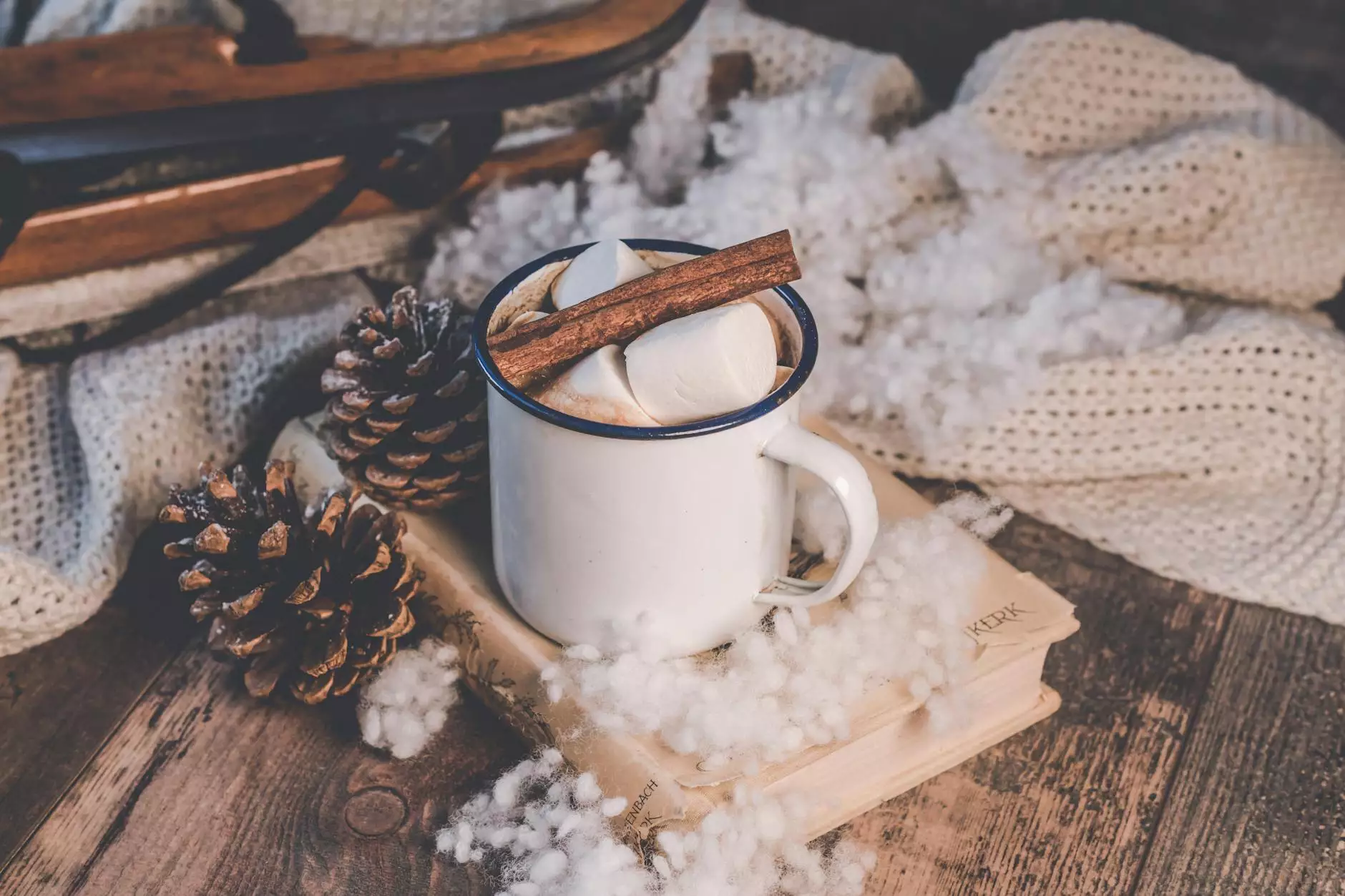
Introduction
The holiday season is a time of joy and celebration, but it's essential to remember that certain foods that we enjoy may be toxic or dangerous for our beloved pets. As pet owners, it's our responsibility to keep our furry friends safe and ensure they stay away from any harmful substances. In this guide, we will discuss some common toxic foods for pets during the holidays and provide helpful tips to prevent accidental consumption.
The Dangers of Toxic Foods for Pets
Many festive foods that are part of our holiday traditions can be potentially harmful to our pets. The consequences of their consumption can range from mild digestive discomfort to severe illnesses requiring emergency veterinary care. It's crucial to be aware of these dangers to protect our furry companions and ensure they have a safe and happy holiday season.
List of Toxic Foods for Pets
1. Chocolate
Chocolate is one of the most well-known toxic foods for dogs and cats. It contains theobromine and caffeine, which can lead to symptoms such as vomiting, diarrhea, increased heart rate, trembling, and even seizures. Dark chocolate and baking chocolate are especially dangerous due to their higher theobromine content.
2. Grapes and Raisins
Grapes and raisins, although seemingly harmless, can cause kidney failure in dogs. Even small amounts can be toxic and lead to symptoms like lethargy, vomiting, decreased appetite, and increased thirst. It's best to keep these foods out of reach to avoid any accidental ingestion.
3. Onions and Garlic
Onions and garlic are commonly used in various dishes during the holidays. However, both onions and garlic contain compounds that can damage red blood cells in cats and dogs, leading to anemia. Symptoms of ingestion include weakness, vomiting, panting, and pale gums. Make sure to prevent your pets from accessing these ingredients while cooking or disposing of leftovers.
4. Xylitol
Xylitol, a sugar substitute often found in sugar-free candies, gum, and baked goods, is highly toxic to dogs. It can cause a rapid release of insulin, leading to a dangerous drop in blood sugar levels. If ingested, dogs may experience symptoms such as vomiting, loss of coordination, seizures, and even liver failure. Keep these products securely stored away from your pets.
5. Alcohol
Alcoholic beverages, whether accidentally spilled or left unattended, can pose a serious risk to pets. Even small amounts of alcohol can lead to intoxication, potentially causing vomiting, coordination problems, depression, difficulty breathing, and in severe cases, coma or death. Be cautious and keep all alcoholic beverages out of reach.
Preventing Accidental Consumption
It's crucial to take certain precautions to prevent your pets from accessing toxic foods during the holidays. Here are some helpful tips to ensure their safety:
1. Secure Food Storage
Store all toxic foods and ingredients securely in pet-proof containers or cabinets. Ensure that trash bins are securely closed, preventing your pets from scavenging potentially harmful leftovers.
2. Inform Family and Guests
Educate your family members and any guests about the dangers of toxic foods for pets. Politely request that they refrain from feeding your pets any table scraps or share the essential precautions to ensure everyone is on the same page.
3. Provide Pet-Friendly Treats
Prepare pet-friendly treats or purchase specially made holiday treats for your pets. This will give them their own delicious treats to enjoy during the festivities, keeping them away from potentially harmful human foods.
4. Supervise and Restrict Access
Keep an eye on your pets, especially when meals are being prepared or served. Restrict their access to the kitchen or dining area, using baby gates or other barriers if necessary.
Conclusion
As responsible pet owners, it's our duty to prioritize the health and safety of our beloved pets. By being aware of the toxic foods for pets during the holidays and taking preventative measures, we can ensure that our furry friends can also enjoy a safe and festive season. Remember, it's better to be cautious and proactive than to face potential health risks and accidents. Happy holidays to you and your furry companions!
